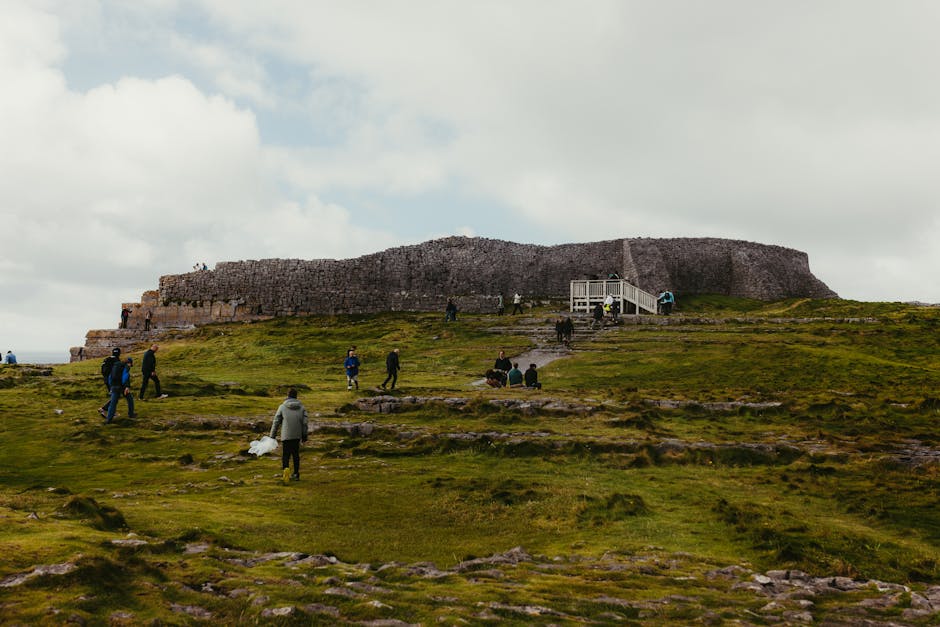In an age where connectivity is celebrated and digital innovation is hailed as the pinnacle of human achievement, it’s easy to overlook the hidden costs lurking beneath the surface. As we scroll through our social media feeds, binge-watch the latest series, or rely on smart devices for everyday tasks, we often forget to pause and consider the broader implications of our digital habits. The convenience of technology comes at a price that extends beyond our monthly bills; it impacts our mental health, social interactions, and even the environment.
The excitement of living in a digital world is palpable. We have instant access to information, can connect with friends and family across the globe, and enjoy the benefits of smart technology that simplifies our lives. However, this excitement is often tinged with a sense of unease as we begin to understand the ramifications of our digital dependence. The more we engage with technology, the more we expose ourselves to issues like privacy violations, mental health challenges, and the environmental crisis stemming from our digital consumption.
The first hidden cost of our digital lives is the toll it takes on our mental health. Studies have shown a strong correlation between excessive social media use and increased rates of anxiety, depression, and loneliness. The curated lives we see online can lead to unrealistic comparisons, fostering feelings of inadequacy and isolation. While technology can connect us, it can also create an illusion of connection that leaves us feeling more alone than ever. This paradox raises essential questions about the value we place on online interactions versus face-to-face relationships.
Moreover, the addictive nature of technology further complicates our relationship with the digital world. Notifications, likes, and shares create a dopamine-driven cycle that keeps us returning for more, often at the expense of our productivity and well-being. This addiction can lead to a decrease in real-world engagement, affecting our relationships and diminishing the quality of our experiences. As we become more engrossed in our screens, we risk losing the richness of human connection that lies outside the digital realm.
Another crucial aspect to consider is the environmental impact of our digital habits. The production and disposal of electronic devices contribute significantly to e-waste, which poses a severe threat to our planet. The energy consumption associated with data centers and cloud computing is staggering, leading to increased carbon emissions and a larger ecological footprint. As we continue to embrace technology, it is vital to recognize the environmental costs and seek sustainable practices that can mitigate these effects.
Lastly, the issue of privacy cannot be overlooked. In our quest for convenience, we often sacrifice our personal information without a second thought. Data breaches and misuse of personal data have become commonplace, raising legitimate concerns about surveillance and the erosion of our privacy rights. As we navigate this digital landscape, we must remain vigilant, advocating for stronger protections and ethical standards that prioritize user privacy and data security.
As we reflect on the hidden costs of our digital lives, it becomes clear that awareness is the first step towards positive change. By acknowledging the emotional, social, and environmental implications of our technology use, we can make more informed choices that align with our values. While the digital world offers incredible opportunities, it also demands a level of responsibility and mindfulness that we cannot afford to ignore.
In conclusion, the excitement of our digital age must be balanced with a critical understanding of its hidden costs. By fostering healthier relationships with technology, advocating for sustainable practices, and prioritizing our mental well-being, we can harness the benefits of the digital world while minimizing its downsides. The journey towards a more conscious digital existence is not just a personal endeavor; it’s a collective movement that can lead us toward a more hopeful and sustainable future.

